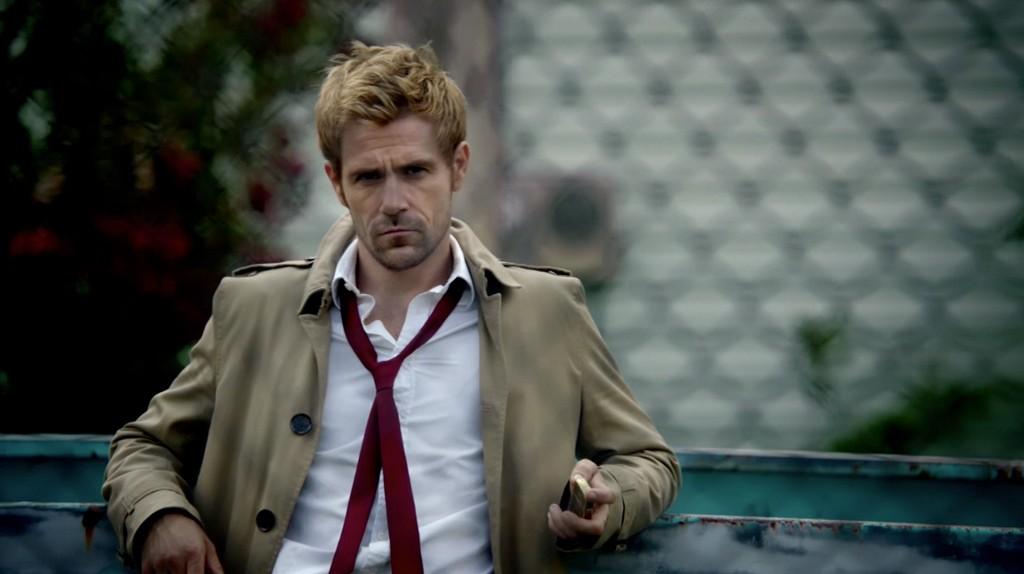My Name is N, or The Swede in the United States, is a thriller novel by Robert Karjel about a Swedish security force agent. The protagonist, Ernst Grip is dispatched to New York City to help uncover the identity of a prisoner who may or may not be a Swedish citizen. Also, Grip is bisexual and from what I’m seeing he sleeps with at least one man over the course of the novel.
Karjel recently penned a piece for The Guardian titled “A thriller with a bisexual male hero? American readers can’t handle it,” discussing the reviews he’s received on his novel and his decision to portray a bisexual protagonist. Looking at reviews on Amazon, The Swede has gotten a lot of positive attention, but Karjel points to a couple comments that stand out, like this one:
I guess I don’t like hidden agendas without disclosure, particularly if it is trying to mainstream and advertise a LGBT lifestyle. At least disclose that information so I can make up my own mind before wasting time and money.
And this one:
This is not a small part of the book. In fact enough that the book could be classified to be on some LGBT “book shelf”. The main character also gets his kicks lusting at other young male muscular torsos during his time in the Diego Garcia gym. Frankly like the kids in college now with all their “cautions” about “sensitive material ahead” I would have like that caution.
“I think these male readers feel tricked,” says Karjel, as nothing on the book cover reveals the character’s sexuality. He even says that he was advised to make his protagonist straight as “mainstream crime fiction market couldn’t stomach a gay male hero.” However, Karjel says that he based his novel on a real person and wanted to keep his representation true the real-life detective.
This was the character I wanted in my thriller. I wasn’t looking to score political points. I wanted readers to be caught up in a story of deception and double lives. But in tangling with the complexity of real human lives, as a writer it seems I’ve struck a nerve.
Why did the reviewers insist on knowing the character’s sexuality prior to reading the book? Just because the book wasn’t actively advertised as an LGBTA book or wrapped in rainbow wrapping paper, the men felt cheated that their hero wasn’t straight, like that somehow made the book immediately less read-able, or a waste of their time. This persistent notion that straight is default, or that queer men can’t be tough heroes is a huge fault in the genre.
Why does a queer character suddenly “ruin” a story? Constantine similarly erased their title character’s bisexuality. There are some great LGBTQ thrillers out there, but it belongs on the mainstream shelves, not just the “LBGT ‘book shelf,'” as one reviewer calls it. I haven’t read The Swede but Karjel’s piece is an interesting reflection on the straight and aggressive hyper-masculinity the thriller crime genre has fallen into, so I might pick it up soon.
Do you have any good LGBTQ crime fiction recommendations?
—Please make note of The Mary Sue’s general comment policy.—
Do you follow The Mary Sue on Twitter, Facebook, Tumblr, Pinterest, & Google +?








Published: Jul 31, 2015 01:48 pm